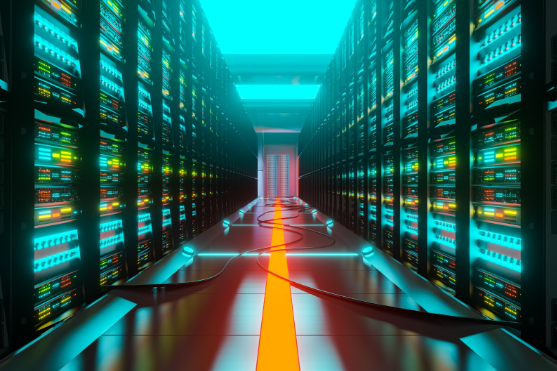

The use of Big Data in retail unlocks valuable information about customers and enhances decision-making. It allows understanding purchasing patterns, optimizing inventory, and personalizing customer interactions. Additionally, data analysis helps predict trends, adapt to market changes, and improve customer satisfaction, generating revenue and competitive advantages.

Data visualization tools are a great ally in data strategies but require literacy to avoid biases and pitfalls.

Preparing for the challenges of retail involves aligning strategies across all sales channels. Omnichannel approaches are key to delivering a positive customer experience and adapting to the growth of eCommerce. To achieve this, it’s essential to implement tools that communicate with each other, use data to improve, and be willing to change. Additionally, following tips like defining the ideal user, digitizing the product catalog, offering various payment methods, enhancing operational resources, and organizing logistics can help. Companies like Zentricx can assist in the digital transformation of retailers in Spain.

The fashion of the future focuses on the functionality of smart clothing, which
integrates electronic components and sensors into fabrics. These sensors capture data from the human body and send it through smartphone applications, providing information on sports and health metrics. Examples include yoga pants that improve posture, socks that enhance walking and running techniques, and smart socks that detect ulcers. The smart clothing market is projected to reach USD 5.3 billion by 2024 due to growing demand and technological advancements in data capture and monitoring.

We've seen it dozens—or even hundreds—of times in movies, novels, and science fiction series: suddenly, an artificial intelligence (AI) takes control, and things go off the rails for humans. With this unsettling precedent, we move toward a world where machines gain more and more abilities.

The COVID-19 pandemic has negatively impacted the Spanish economy, especially affecting SMEs with lower levels of digitalization. The Plan to Boost the Digitalization of SMEs and EU funds provide opportunities to accelerate digital transformation. Data science is crucial, using data to make dynamic decisions and gain insights. The data science process involves defining the problem, preparing and studying the data, creating and validating models, and visualizing results. A skilled team and a systematic approach are necessary to fully leverage data and make informed decisions.
Subscribe to our periodic Technology News digest.

©2023 Zentricx – All Rights Managed.